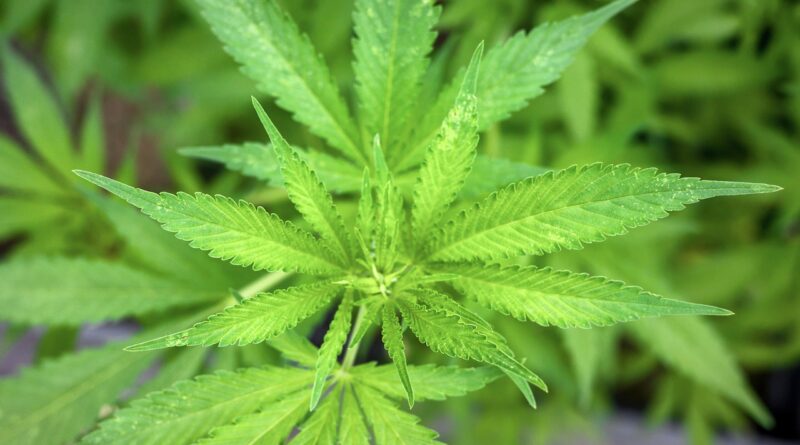Sustainable Practices in THCA Flower Cultivation
The cultivation of THCA flowers, a non-psychoactive cannabinoid found in raw cannabis, has gained significant attention in recent years. As the demand for cannabis products continues to rise, the need for sustainable cultivation practices becomes increasingly important. This article explores various sustainable methods employed in THCA flower cultivation, providing insights into how growers can minimize environmental impact while maintaining high-quality yields.
Understanding THCA and Its Importance
THCA, or tetrahydrocannabinolic acid, is the precursor to THCA flower for pets, the compound responsible for the psychoactive effects of cannabis. Unlike THC, THCA does not produce a high, making it appealing for those seeking the therapeutic benefits of cannabis without the psychoactive effects. THCA is known for its potential anti-inflammatory, neuroprotective, and anti-emetic properties, among others.
Challenges in THCA Flower Cultivation
Growing THCA-rich cannabis presents unique challenges. The cultivation process must be carefully managed to preserve THCA levels, as exposure to heat and light can convert THCA into THC. Additionally, growers face the challenge of implementing sustainable practices that reduce environmental impact while ensuring the health and potency of the plants.
Sustainable Cultivation Practices
Organic Farming Techniques
Organic farming is a cornerstone of sustainable agriculture. By avoiding synthetic fertilizers and pesticides, growers can reduce soil and water contamination. Organic methods include:
- Using natural fertilizers such as compost and manure to enrich the soil.
- Employing biological pest control methods, like introducing beneficial insects to manage pest populations.
- Implementing crop rotation and polyculture to maintain soil health and biodiversity.
Water Conservation Strategies
Water is a critical resource in cannabis cultivation. Sustainable water management practices can significantly reduce water usage:
- Drip irrigation systems deliver water directly to the plant roots, minimizing evaporation and runoff.
- Rainwater harvesting systems collect and store rainwater for irrigation purposes.
- Mulching helps retain soil moisture and reduce the need for frequent watering.
Energy Efficiency
Energy consumption is a major concern in cannabis cultivation, particularly in indoor growing operations. Sustainable energy practices include:
- Utilizing LED lighting, which is more energy-efficient than traditional lighting systems.
- Incorporating solar panels to harness renewable energy sources.
- Implementing automated systems to optimize energy use for lighting, heating, and cooling.
Soil Health and Regeneration
Maintaining healthy soil is fundamental to sustainable agriculture. Practices that promote soil health include:
- Cover cropping to prevent soil erosion and improve soil structure.
- Composting organic waste to create nutrient-rich soil amendments.
- Reducing tillage to preserve soil structure and microbial life.
Case Studies in Sustainable THCA Cultivation
Several cannabis farms have successfully implemented sustainable practices in their operations. For instance, a farm in California has adopted a closed-loop system that recycles water and nutrients, significantly reducing waste. Another example is a Canadian grower who uses geothermal energy to heat their greenhouses, cutting down on fossil fuel consumption.
The Role of Technology in Sustainable Cultivation
Advancements in technology play a pivotal role in promoting sustainability in cannabis cultivation. Precision agriculture tools, such as sensors and drones, allow growers to monitor plant health and environmental conditions in real-time. This data-driven approach enables more efficient resource management and reduces waste.
Consumer Demand for Sustainable Products
As consumers become more environmentally conscious, the demand for sustainably grown cannabis products is on the rise. Growers who adopt sustainable practices can differentiate themselves in the market and appeal to eco-conscious consumers. Transparent labeling and certification programs can help consumers identify products that align with their values.
Conclusion
Sustainable practices in THCA flower cultivation are not only beneficial for the environment but also for the long-term viability of the cannabis industry. By embracing organic farming, water conservation, energy efficiency, and soil health, growers can produce high-quality THCA flowers while minimizing their ecological footprint. As technology continues to advance, the potential for even more sustainable cultivation methods will grow, paving the way for a greener future in cannabis agriculture.
